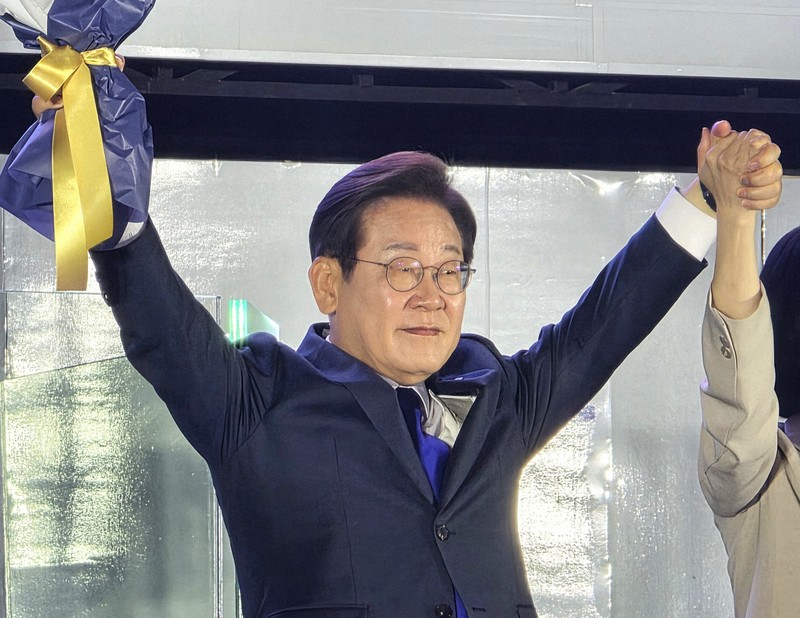Lee Jae-myung, leader of South Korea’s progressive Democratic Party, the main opposition party, has won the country’s presidential election, reclaiming power from the conservative ruling People Power Party after three years. His election finally brings a six-month political vacuum period to an end, and there is an urgent need to restore political stability.
The election followed the impeachment of former President Yoon Suk Yeol by the Constitutional Court after he declared martial law in December last year.
Lee, who worked his way up to become a lawyer, entered national politics after serving as mayor of a city in the suburbs of Seoul. He now faces the pressing issue of overcoming intensifying partisan conflict and division.
The martial law declaration and Yoon’s subsequent impeachment exacerbated the rift between Yoon’s supporters and denouncers. During the election campaign, Lee advocated for the “condemnation of insurgent forces,” while his opponents focused on personal attacks against Lee, who was embroiled in scandals.
In his inaugural speech, Lee pledged to end divisions in politics. With the Democratic Party holding a majority in the National Assembly, Lee has gained significant power. However, he must not use this numerical advantage to suppress dissent.
Addressing the rapidly changing international situation is also an urgent task. While the country has made the U.S.-South Korea alliance a pillar of its security, it has been economically dependent on China. However, the Chinese economic slowdown and the high-tariff policies of the administration of U.S. President Donald Trump have led to economic stagnation. Meanwhile, the Ukraine war has prompted North Korea and Russia to deepen military cooperation.
The former Yoon administration focused its diplomacy on aligning with Japan and the U.S., whereas the preceding Moon Jae-in administration prioritized dialogue with North Korea. Lee’s capability will be tested as he advocates for “pragmatic diplomacy centered on national interests.”
In terms of Japan-South Korea relations, Lee criticized the Yoon administration’s approach as “humiliating diplomacy,” but during the election campaign, he positioned Japan as an “important cooperation partner.” In his inaugural address, he also emphasized the importance of trilateral cooperation among Japan, the United States and South Korea.
While historical and territorial issues remain between Japan and South Korea, the two countries share aligned interests in many areas. They must jointly emphasize the importance of free trade and international cooperation to the Trump administration. There is also potential for collaboration in establishing supply chains for strategic goods.
Japan-South Korea relations must not be allowed to deteriorate again. Japan’s Prime Minister Shigeru Ishiba should leverage occasions such as international conferences to promptly arrange a summit, expediting the building of a trust-based relationship.







